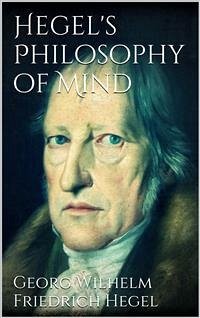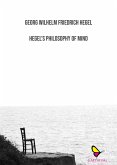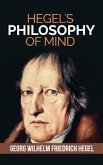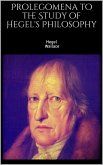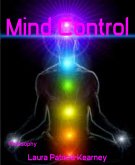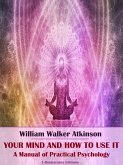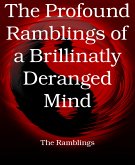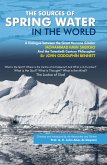The knowledge of Mind is the highest and hardest, just because it is the most “concrete” of sciences. The significance of that “absolute” commandment, Know thyself—whether we look at it in itself or under the historical circumstances of its first utterance—is not to promote mere self-knowledge in respect of the particular capacities, character, propensities, and foibles of the single self. The knowledge it commands means that of man's genuine reality—of what is essentially and ultimately true and real—of mind as the true and essential being. Equally little is it the purport of mental philosophy to teach what is called knowledge of men—the knowledge whose aim is to detect the peculiarities, passions, and foibles of other men, and lay bare what are called the recesses of the human heart. Information of this kind is, for one thing, meaningless, unless on the assumption that we know the universal—man as man, and, that always must be, as mind. And for another, being only engaged with casual, insignificant and untrue aspects of mental life, it fails to reach the underlying essence of them all—the mind itself.
Bitte wählen Sie Ihr Anliegen aus.
Rechnungen
Retourenschein anfordern
Bestellstatus
Storno

